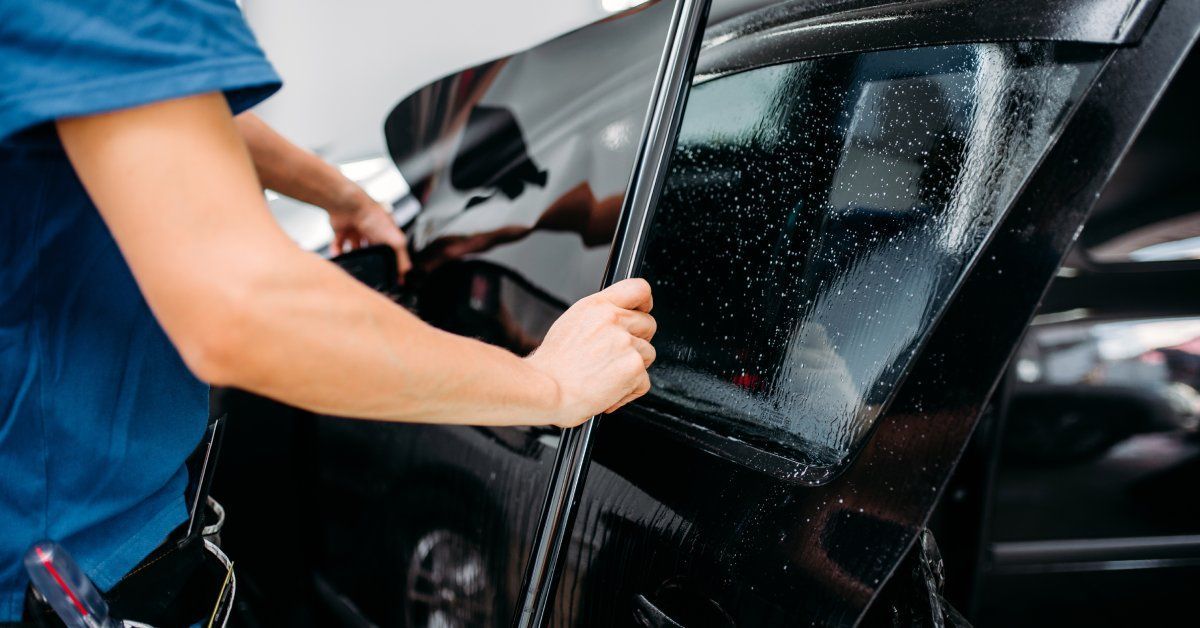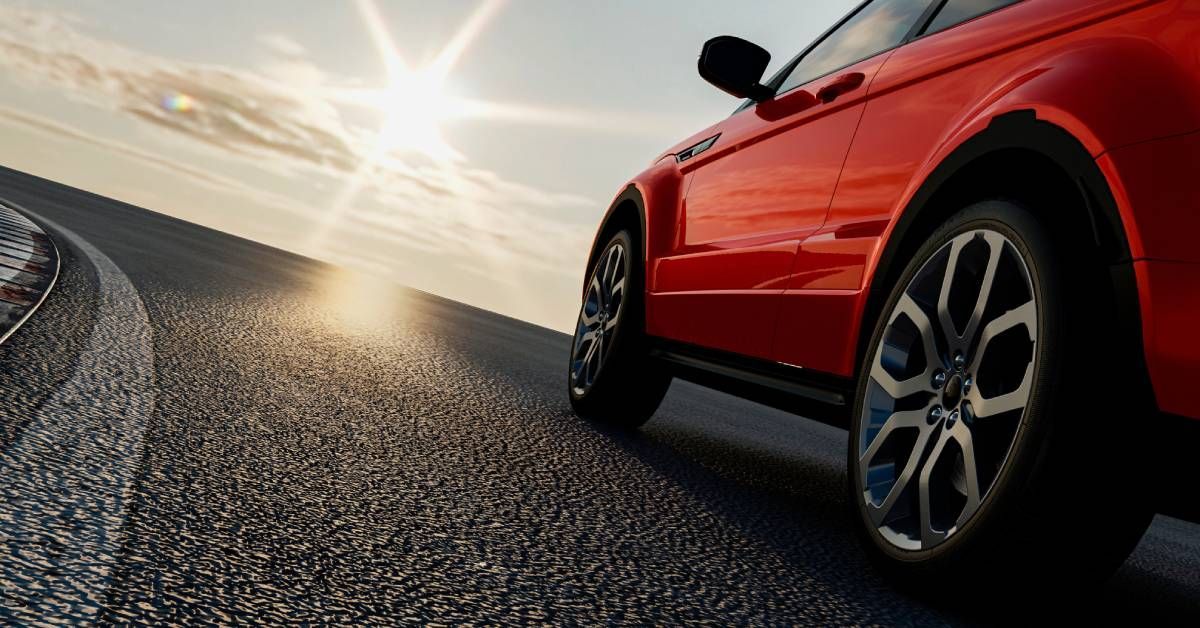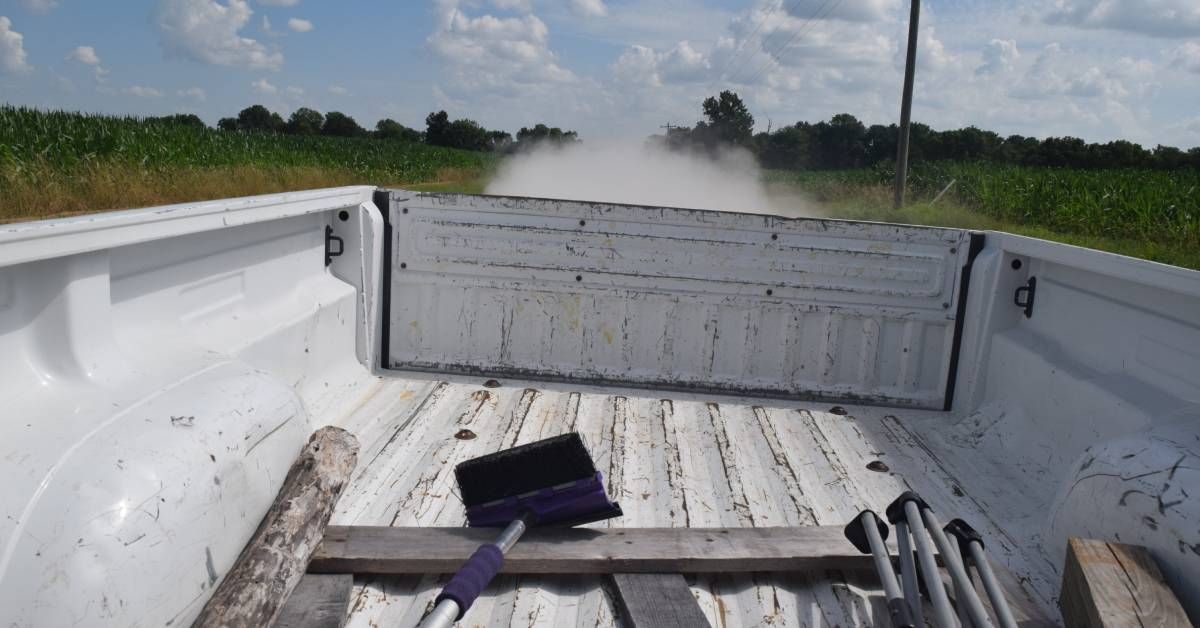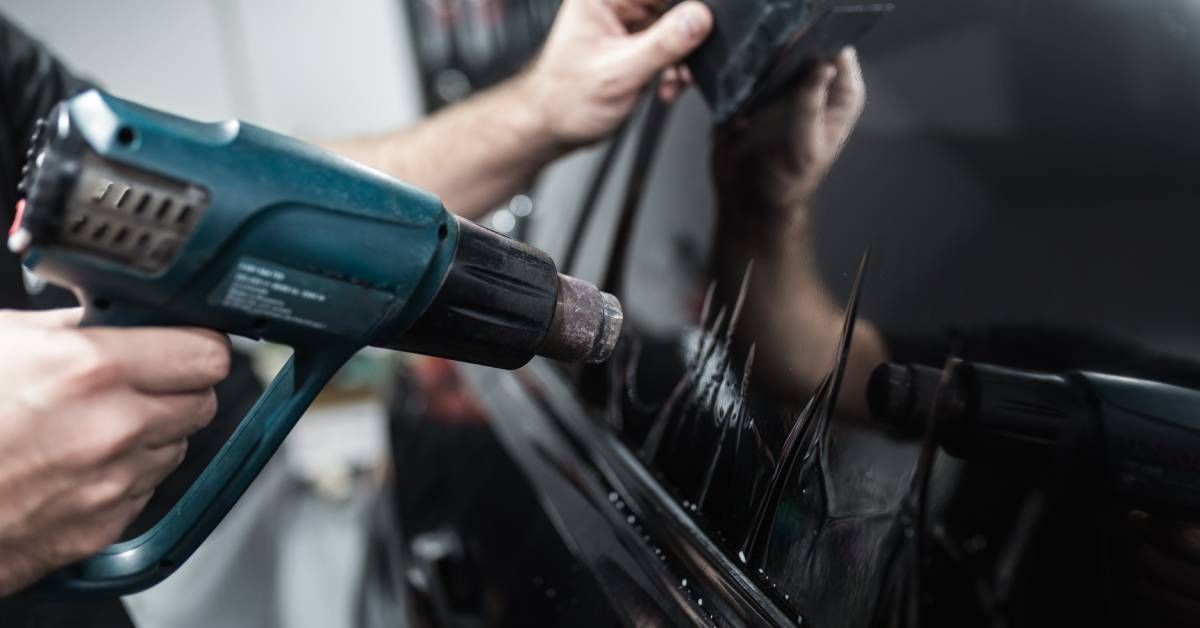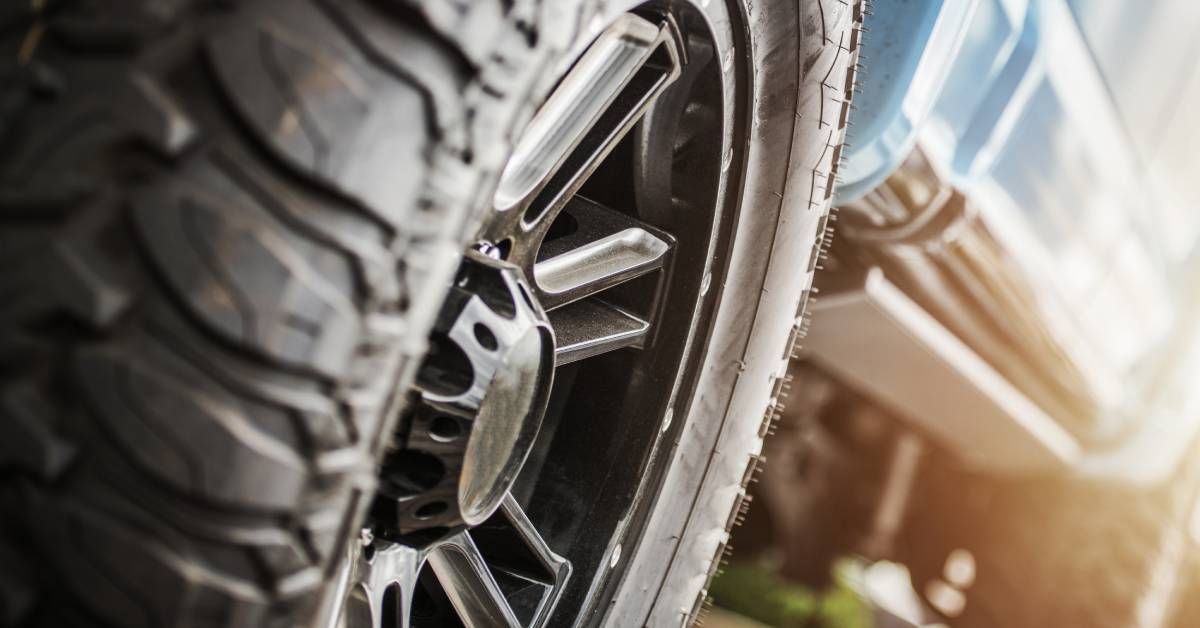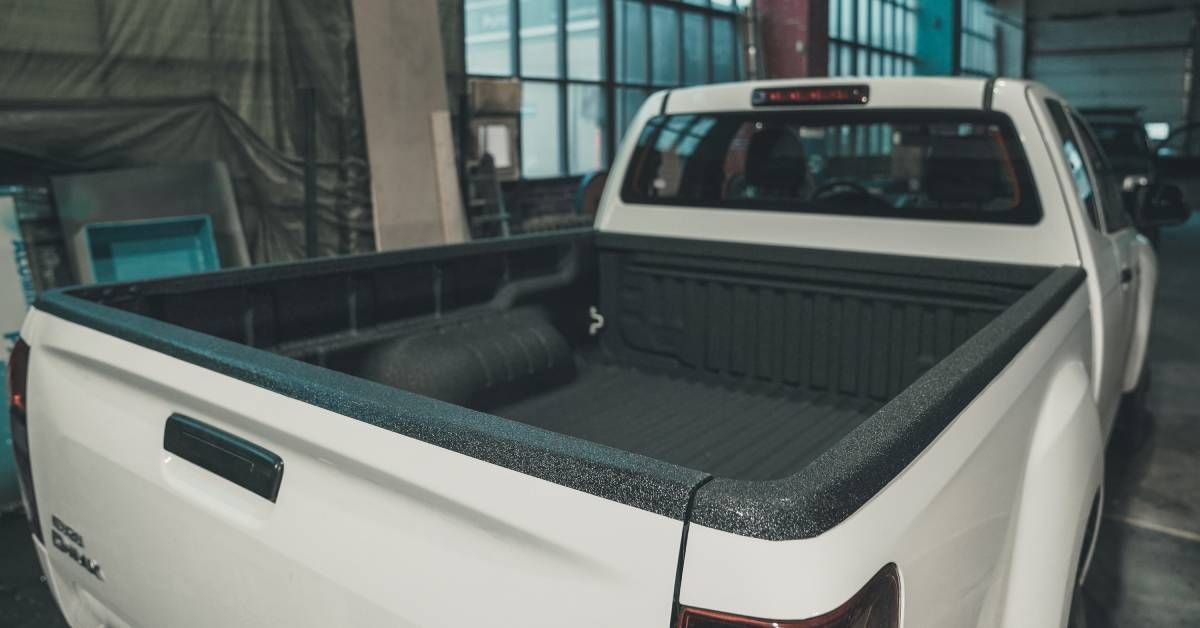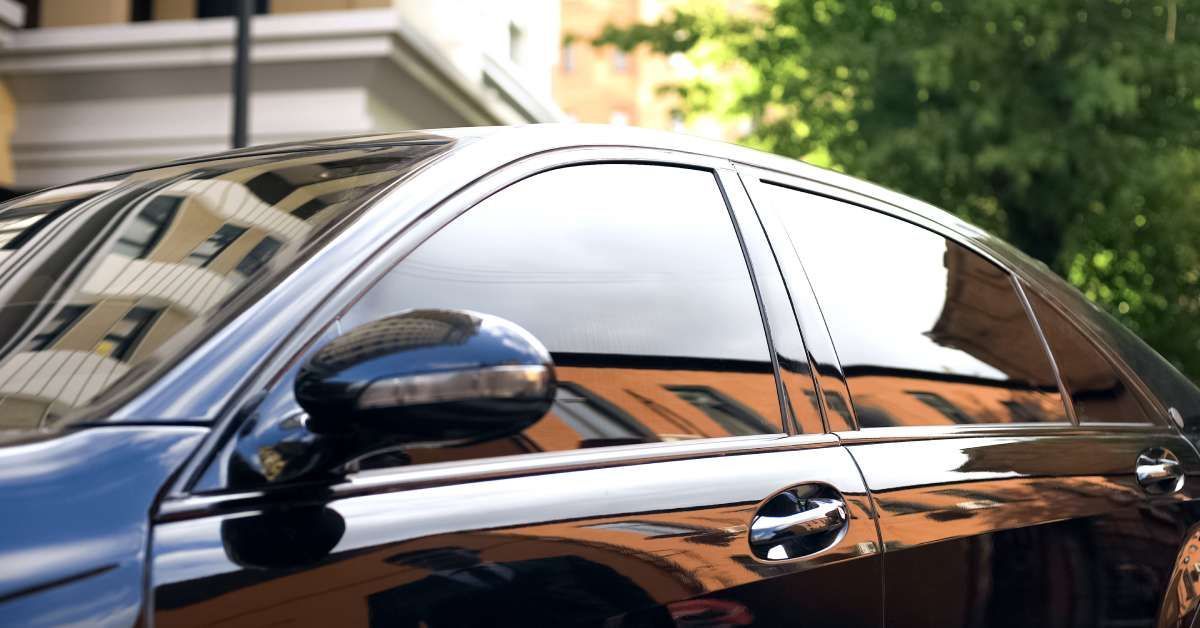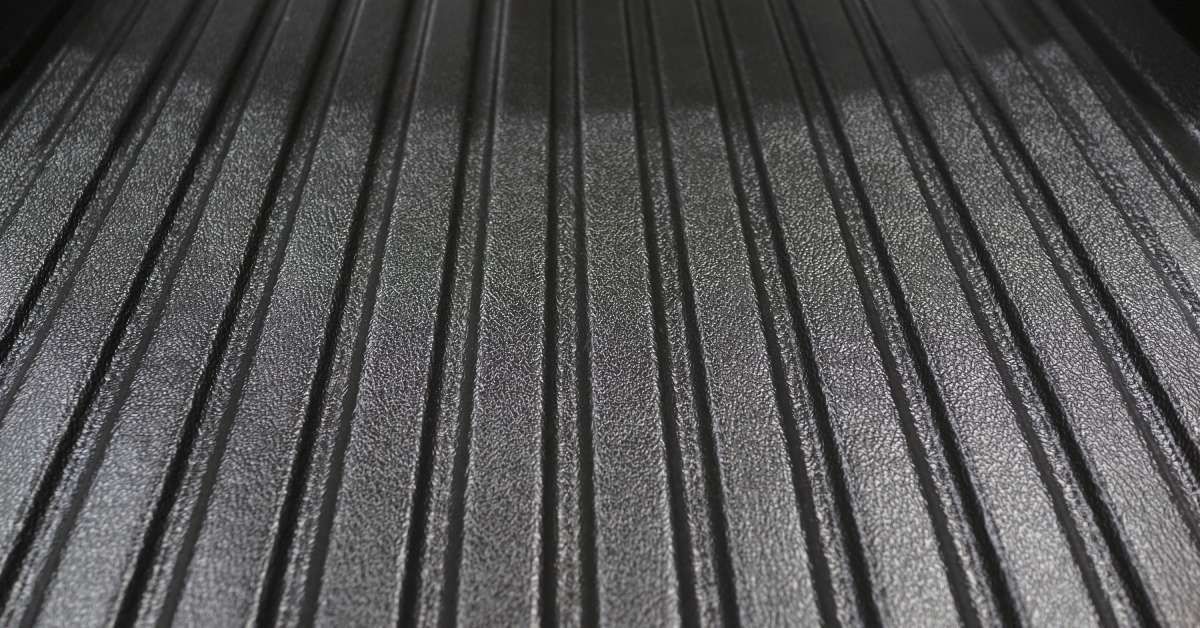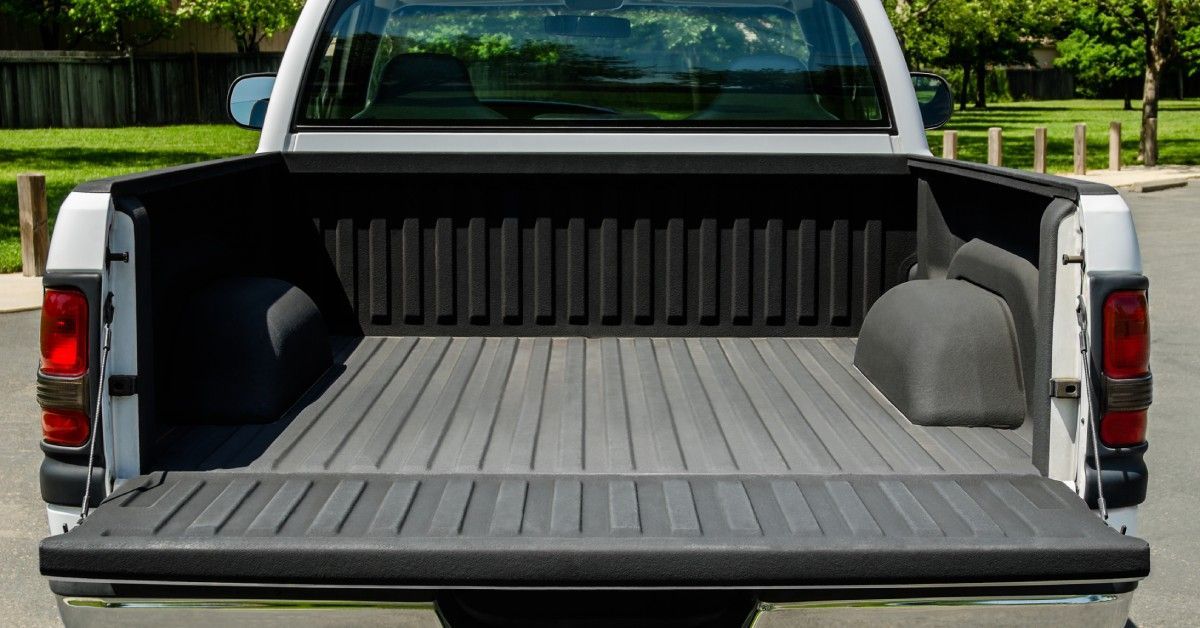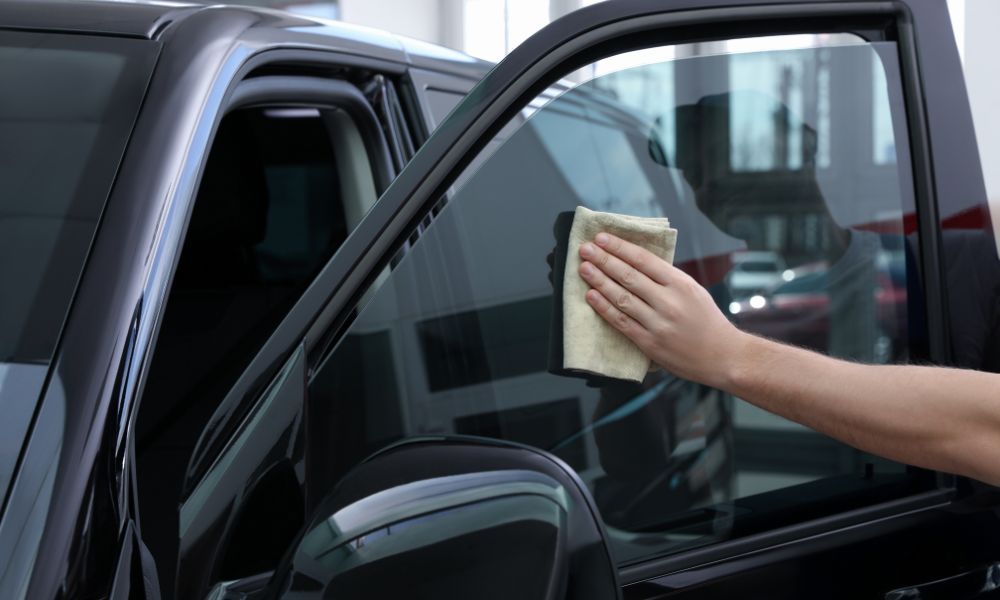How Car Window Tinting Can Help Prevent Skin Cancer
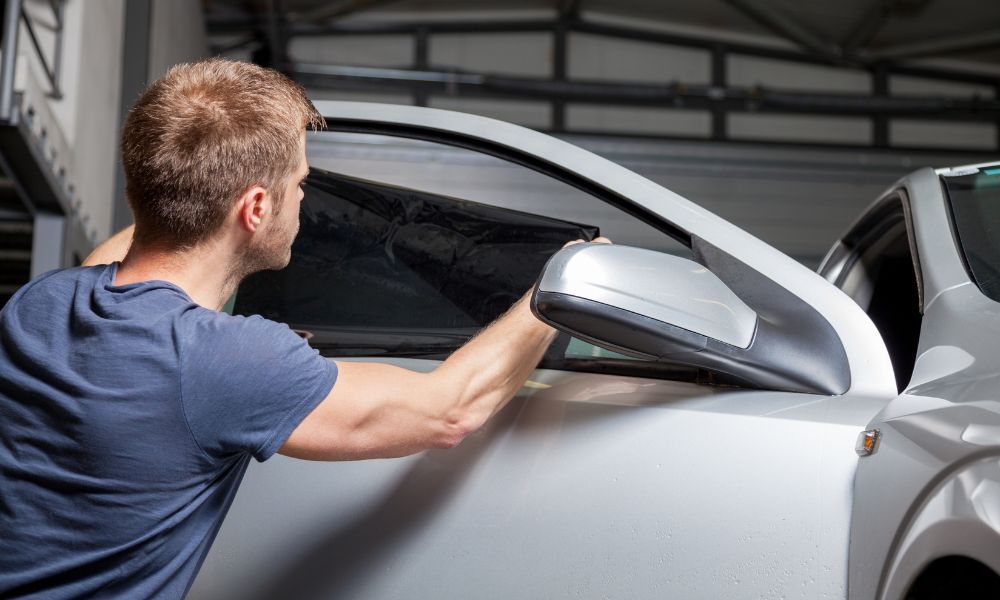
Skin cancer is an often-overlooked risk for car owners and people who spend a lot of time on the road. But did you know that driving without proper sun protection can significantly increase your risk of developing skin cancer?
Regular car windows may not block enough harmful UV rays to keep you safe, but car window tinting can make a world of difference. Learn how car window tinting can help prevent skin cancer.
The Skin Cancer-UV Radiation Connection
Skin cancer is among the most common type of cancer in the world. Its primary cause is exposure to sunlight, which contains ultraviolet (UV) radiation. Unsurprisingly, around 90 percent of skin cancers occur on a driver’s left side (the side most exposed to sunlight while driving in much of the world).
Regular car windows block only a small percentage of UV rays, leaving skin vulnerable to damage. Window tinting, on the other hand, can block up to 99 percent of harmful UV rays, significantly reducing your risk of developing skin cancer as a result of driving.
Types of Window Tinting Materials and Their Benefits
There are several types of window tinting materials available. Some of the most common options include:
- Dyed window film: Affordable and non-reflective, dyed window film offers glare reduction and average UV protection. However, it tends to fade over time and may not provide the highest level of UV protection.
- Metallic window film: This option reflects heat and sunlight, providing better UV protection and glare reduction than dyed film. Keep in mind that metallic window film can interfere with electronic devices and may have a mirrored appearance.
- Ceramic window film: This high-performance tinting material provides superior UV protection, glare reduction, and heat resistance. It's a durable and non-reflective option, with the main downside being its higher price point.
- Carbon window film: Combining many benefits of other options, carbon window film offers excellent UV protection, glare reduction, and heat resistance without interfering with electronic devices. It's a popular choice for car owners looking for a long-lasting and efficient window tint.
Debunking Car Window Tinting Myths
Many misconceptions surround car window tinting. For example, some believe that window tinting will make their car too dark to see out of, while others think that having tinted windows is illegal. To clarify, window tinting laws vary by state or country, so it's essential to check local regulations before opting for a tint. Additionally, professional window tinting service providers will know the optimal level of darkness to ensure good visibility and legal compliance. What’s not in dispute is that car window tinting can help prevent skin cancer when paired with practical precautions like wearing sunscreen and staying out of the sun during times of peak intensity.
Tips for Choosing and Maintaining Window Tinting
To choose the right window tint for your car, consider your budget, preferences, the climate in your area, and local laws and regulations. Consult a professional window tinting service to determine which material best suits your needs.
Once your car window tinting service provider completes your job, proper maintenance is crucial. Clean your windows gently with a microfiber cloth to prevent scratching, and follow the manufacturer’s instructions regarding what cleaning products are safe to use on their window tinting film. Regularly check for signs of warping or fading, and seek professional help if you notice any damage to the tint.


